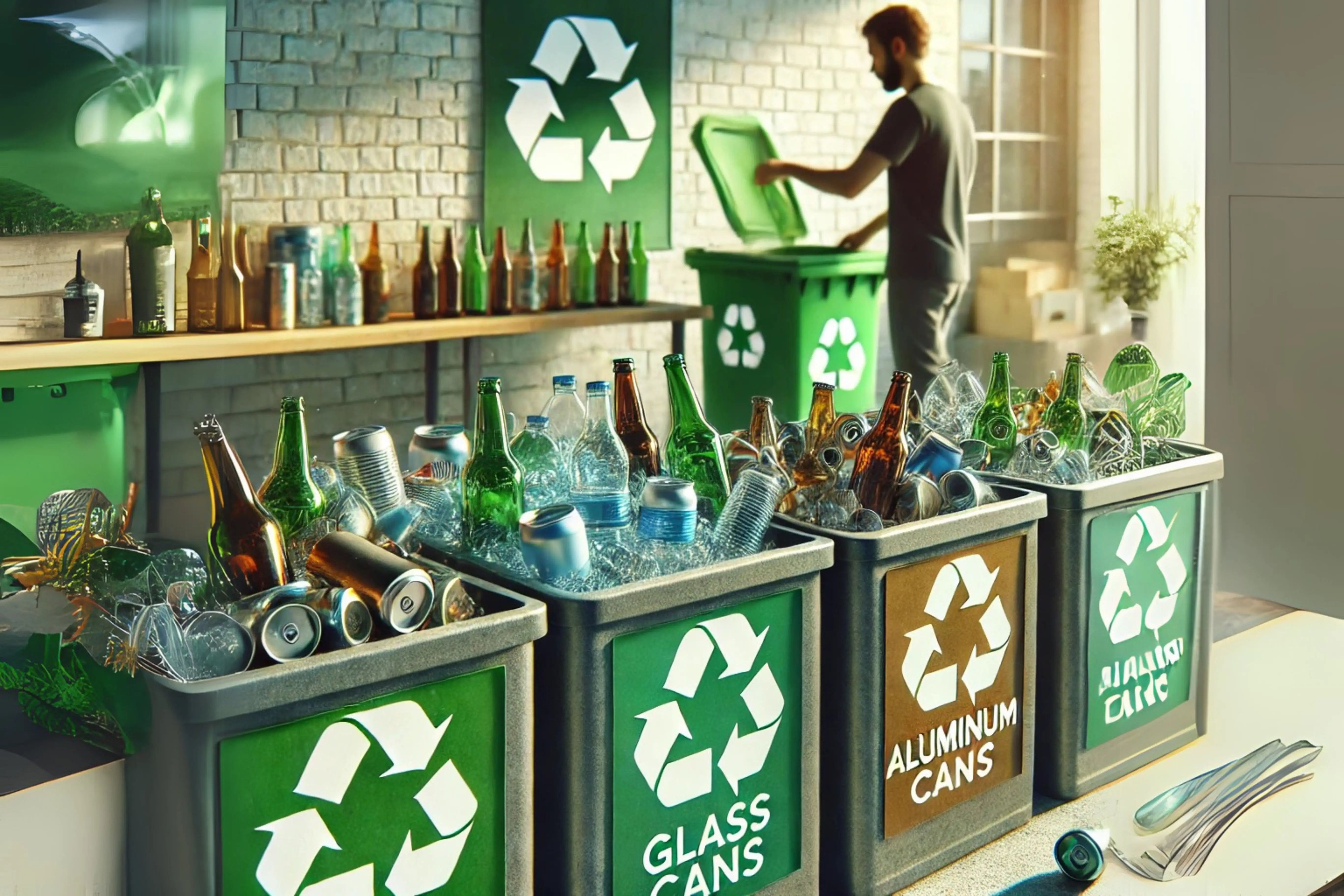Sustainability has become a priority as society increasingly recognizes the importance of eco-conscious living. Glass bottles offer a viable, environmentally friendly alternative to plastic bottles, largely due to their recyclability and durability. Let's dive into the profound ecological advantages of recycling glass bottles, aiming to promote sustainable practices.
Why Glass Bottles Are Environmentally Friendly
Glass, being non-toxic and inert, does not leach harmful substances into the environment. Its ability to be recycled indefinitely without quality loss sets it apart from many other materials. Moreover, glass containers can often be repurposed multiple times before recycling becomes necessary, adding to their eco-friendly appeal.
The Glass Recycling Process
Recycling glass involves several well-defined steps:
- Collection and Sorting: Bottles are gathered and separated based on color and quality.
- Crushing into Cullet: Sorted glass is broken down into small pieces called cullet.
- Melting and Re-manufacturing: The cullet is melted and formed into new products.
Read more about How Are Glass Bottles Made.
Environmental Benefits of Glass Bottle Recycling
Energy Conservation
Using recycled materials (cullet) reduces the energy required to produce new glass. Studies show that recycling a single bottle saves enough power to light a bulb for several hours, making it an energy-efficient practice.
Resource Preservation
The manufacturing process of new glass requires sand, soda ash, and limestone. Recycling significantly reduces the need for these raw materials, helping to preserve finite natural resources.
Lower Emissions
Carbon dioxide emissions during manufacturing decrease when recycled cullet replaces virgin materials, reducing carbon footprints. This substitution contributes to mitigating the impacts of climate change.
Waste Reduction
Discarded glass can take thousands of years to decompose. Recycling diverts these materials from landfills, reducing environmental strain.
Challenges in Glass Bottle Recycling
Despite its benefits, glass recycling faces hurdles such as contamination from non-recyclable materials. Environmental impact and transportation costs of moving heavy glass also pose challenges. Additionally, a lack of public awareness hinders widespread participation in recycling programs.
How Glass Recycling Compares to Plastic
The recycling process for glass far surpasses that of plastic in sustainability. Glass is fully recyclable and retains its quality, unlike plastic, which often undergoes downcycling and loss in quality. This means recycled glass can repeatedly re-enter the production cycle, while plastics lose usability over time.
Economic Benefits of Glass Recycling
Glass recycling supports job creation in the collection, processing, and manufacturing sectors. Companies using recycled glass also save money, as the cullet reduces production costs. Furthermore, this practice bolsters the circular economy, enhancing economic resilience.
How Consumers Can Support Glass Bottle Recycling
Individuals play a crucial role by correctly sorting glass from other materials. Reusing bottles for personal or business needs also contributes to sustainability. Joining or advocating for local recycling initiatives further supports these efforts.
Innovations in Glass Recycling
Modern advancements, such as optical sorting systems, improve the efficiency of recycling facilities. Additionally, lightweight glass bottles reduce energy use and transportation emissions, reflecting a shift toward more sustainable production practices.
Successful Glass Recycling Initiatives
Countries with high glass recycling rates, like Germany and Sweden, showcase the potential of robust systems. Collaborative efforts between governments, businesses, and communities have propelled these nations to lead in sustainability practices.
The Future of Glass Bottle Recycling
As awareness grows, recycling rates are expected to climb, contributing to global sustainability goals. Businesses adopting glass packaging and closed-loop systems will likely drive this shift, fostering an eco-friendly and greener future.
Conclusion
Recycling glass bottles is a vital step toward reducing environmental impact. By participating in these efforts, individuals and organizations can collectively contribute to a healthier planet. Take action today and support glass recycling programs to make a lasting difference.




